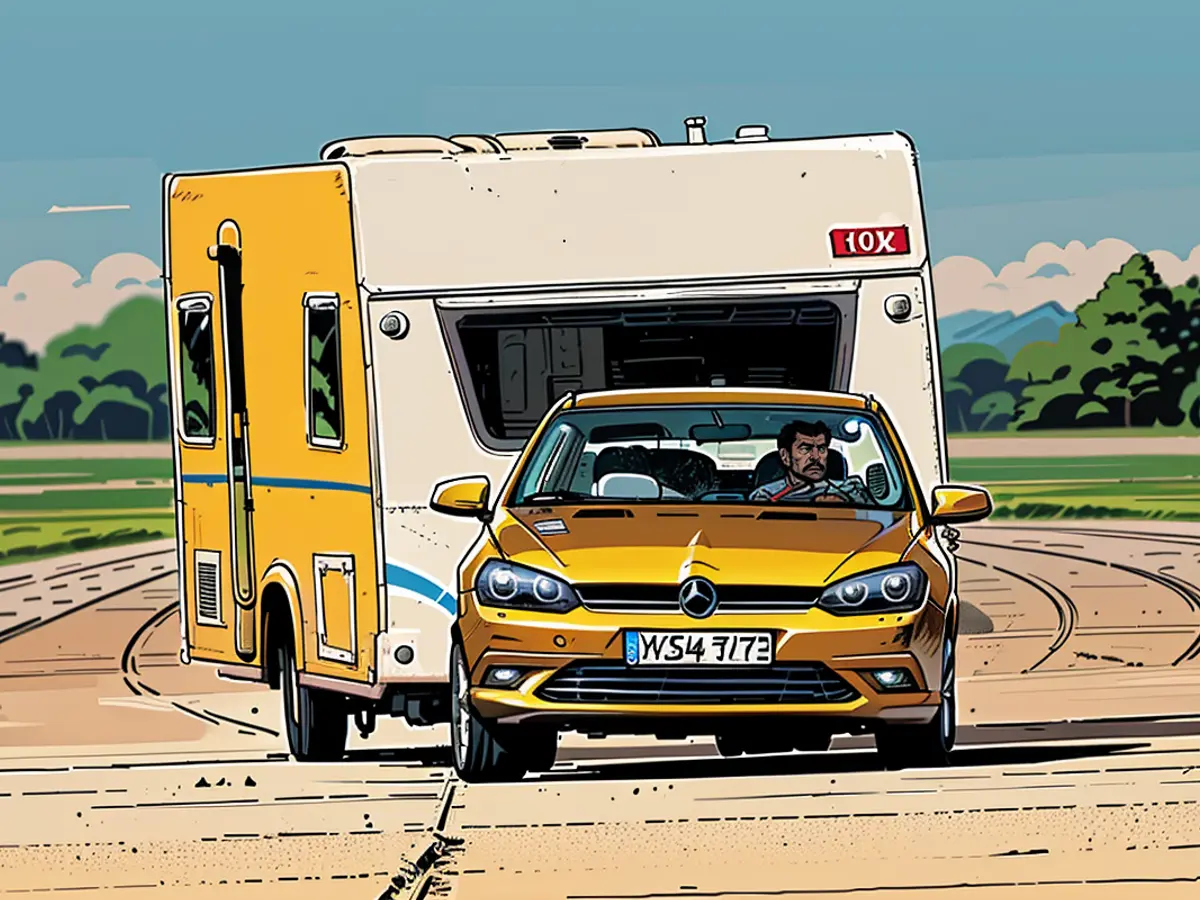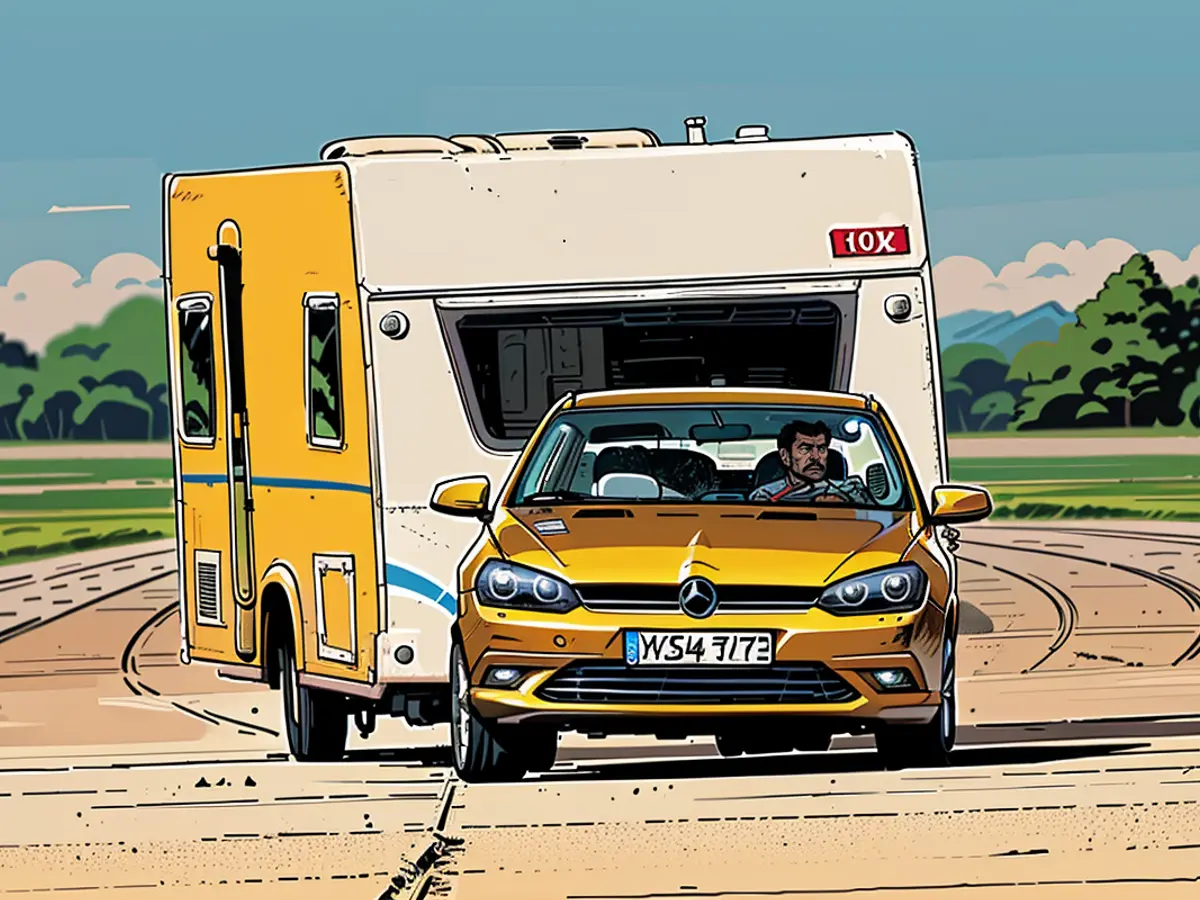Fuel prices at the pump are a hot topic for drivers right now, and good news is on the horizon - gas station prices are going down, with diesel fuel seeing a significant decrease once again. The average price for a liter of diesel fuel nationwide is currently at 1.696 euros, which is 1.9 cents less than the previous week. Super E10 has also followed suit, decreasing by 1.5 cents to an average of 1.717 euros per liter. This marks the eighth consecutive week of falling fuel prices, and drivers are celebrating.
But, there's a grim forecast on the horizon. The primary reason for the decrease in supply volumes is the drop in crude oil prices, with the Brent crude oil barrel currently costing around 73 US dollars. This is 4 dollars less than the previous week, and it's close to the lowest level in almost six months. While the reduction in taxes on diesel fuel has helped, the current price difference between diesel and gasoline is only 2.1 cents.
Starting January 1, 2024, refueling and heating with fossil fuels will become more expensive than originally planned. The coalition led by Minister of Economy Robert Habeck and Minister of Finance Christian Lindner has decided to raise the CO2 price from the planned 40 euros per ton to 45 euros. This increase in CO2 prices is part of the initial pricing plan of the Grand Coalition, with further increases to 55 euros per ton planned for 2025.
ADAC estimates that this will lead to additional costs for drivers. Gasoline engines can expect an additional 1.4 cents per liter, with a liter of gasoline potentially costing about 4.3 cents more. Drivers of diesel cars may face a surcharge of 1.6 cents, leading to an overall price increase of approximately 4.7 cents. Natural gas also becomes more expensive by 0.39 cents, and heating oil by 4.8 cents per liter. So, drivers are bracing themselves for an increase in fuel prices next year.
The decrease in fuel prices is in contrast to the current climate conference's call for a shift away from reliance on fossil fuels. Despite the drop in crude oil prices, the price difference between diesel and gasoline remains slim, hinting at future price increases. This decision to raise the CO2 price from 40 to 45 euros per ton is expected to increase fuel prices starting January 1, 2024.
Related topics include predictions and projections for future price increases: the price of CO2 emissions for heat and transport is expected to increase from 45 euros per ton to 55 euros per ton in 2025, and then to 65 euros per ton in 2026. By 2027, the price will be set by the European system for trading certificates (ETS2), which could lead to a drastic increase, potentially up to 200 euros per ton.
In summary, despite the current decrease in fuel prices, drivers in Germany can expect to pay more at the pump starting in 2024 due to rising CO2 prices. While specific changes for 2024 are not detailed, the overall trend indicates that fuel prices in Germany will likely increase significantly in the coming years due to rising CO2 prices, with more substantial increases anticipated from 2027 onwards.







